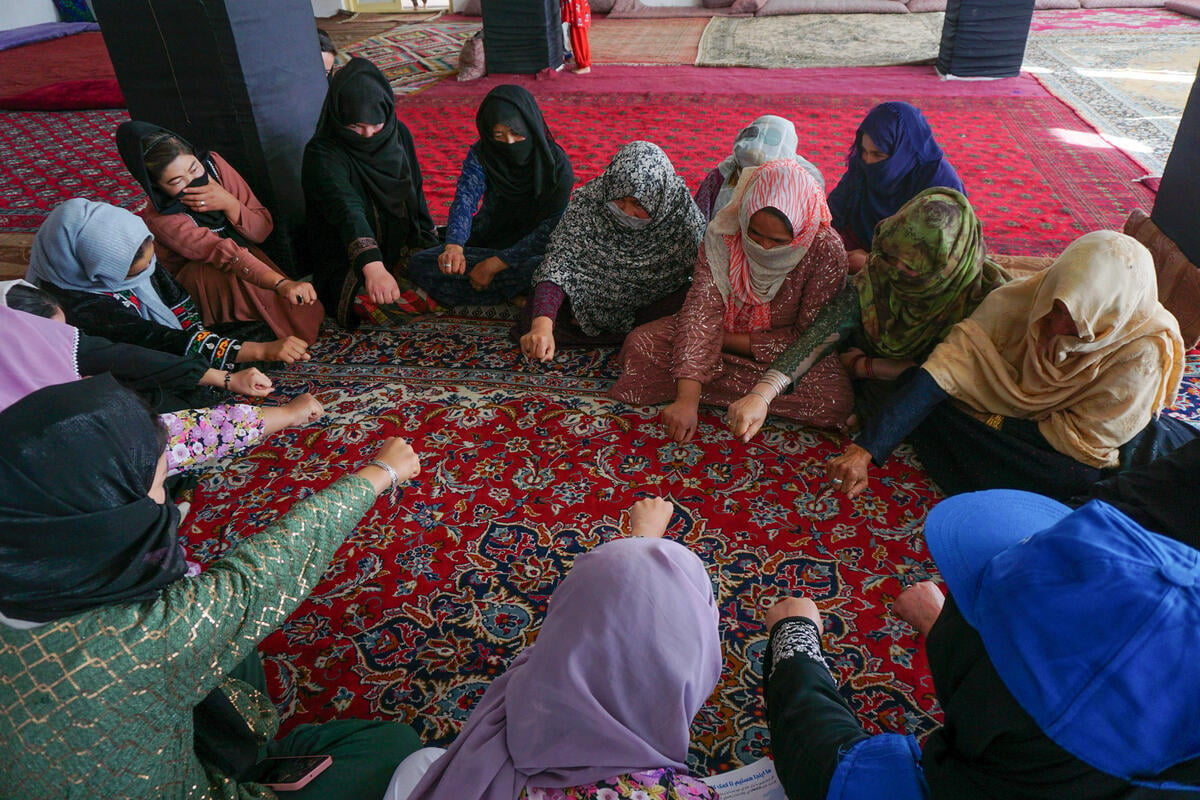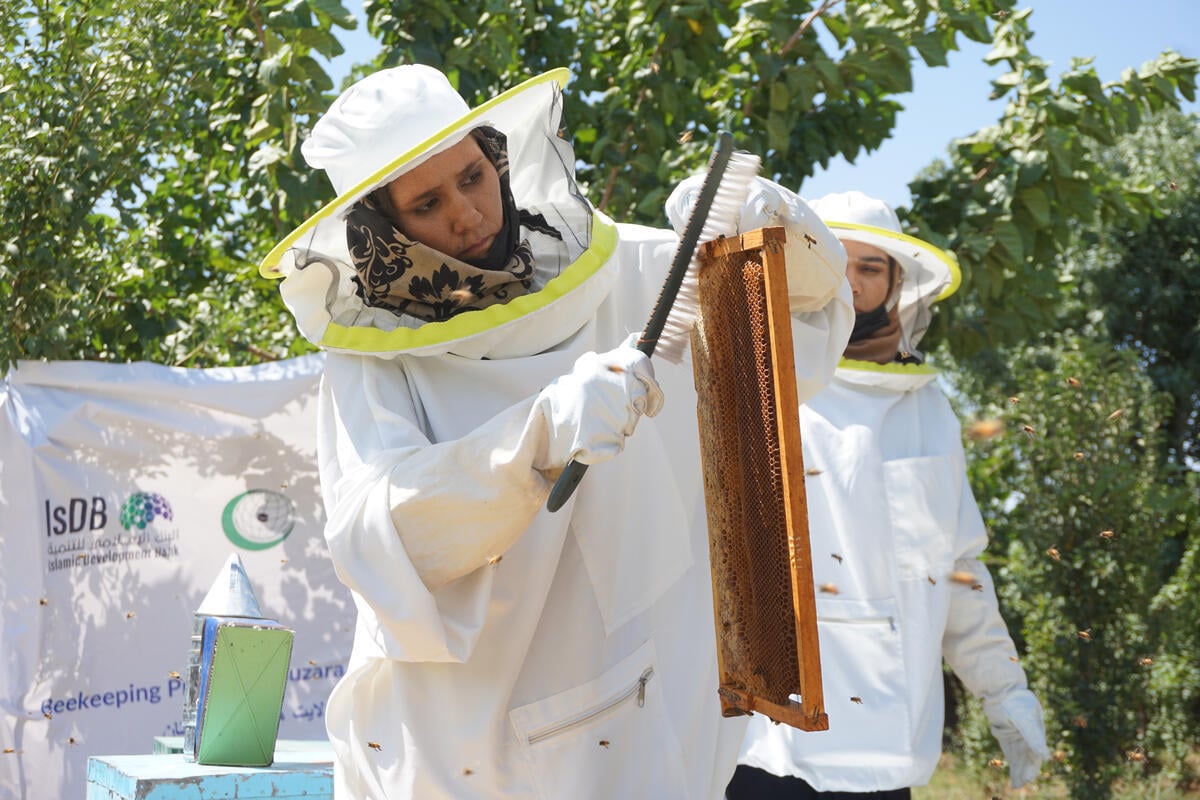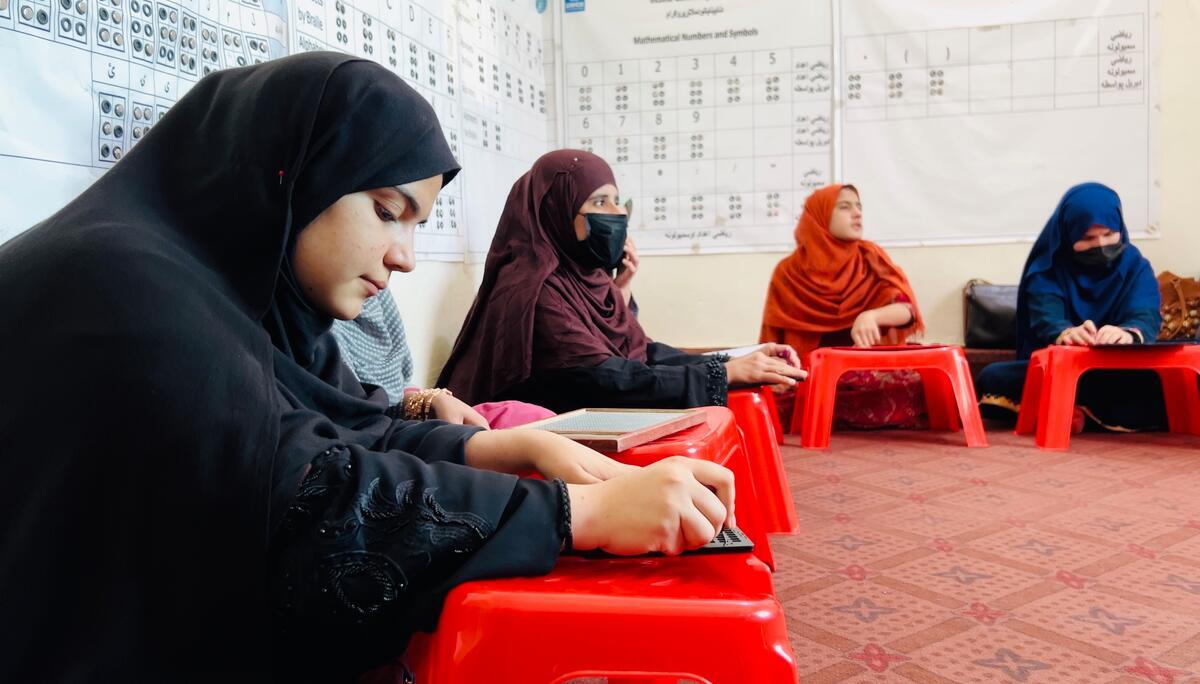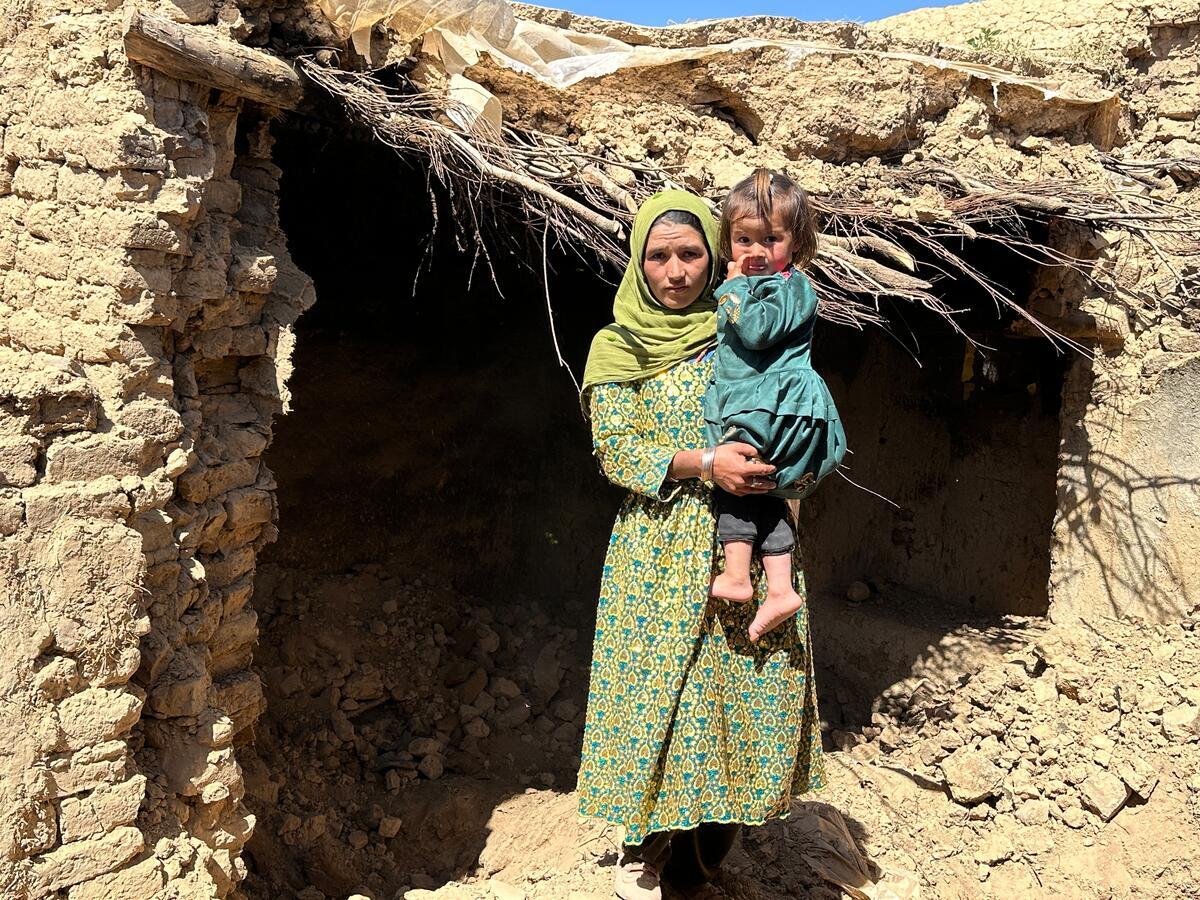At the crossroads in Pakistan, first Afghans lead the way home
At the crossroads in Pakistan, first Afghans lead the way home

PESHAWAR, Pakistan, March 2 (UNHCR) - A group of 25 Afghans left Pakistan for home this week, kicking off the year's voluntary return to Afghanistan at a critical juncture in UNHCR's work in the region.
While this is the UN refugee agency's sixth year of assisting repatriation to Afghanistan after the winter break, it is not business as usual. Among other factors, a recently-concluded registration of Afghan citizens in Pakistan has changed the equation for the population.
More than 2.1 million Afghans were registered in a Pakistan government exercise that ended in mid-February and gave them their first-ever official documentation in the form of Proof of Registration (PoR) cards that are valid for three years. According to a registration agreement between the government and UNHCR, Afghans without PoR cards will be subject to the laws of the land.
However, the authorities are giving a window of opportunity for unregistered Afghans to repatriate in dignity within six weeks, from March 1 to April 15. To help returnees with initial reintegration in Afghanistan, the Pakistan government pledged US$5 million at a Tripartite Commission meeting in early February to increase the repatriation package beyond an average of US$60 per person offered by UNHCR.
Tooryalali, 24, was among the first to take up the offer on Thursday at the Hayatabad Voluntary Repatriation Centre (VRC) in Peshawar, North-West Frontier Province. "I decided to go back to Afghanistan because I don't want to face any trouble in the future," said the unregistered Afghan, who has been working as a driver in Peshawar for 15 years. "I don't want my children to grow up as refugees. I know there will be many difficulties [back home] but we are from a nation that knows how to survive."
He took his wife, five children and widowed mother back to Kabul. They were joined by two other families in several minibuses packed with domestic appliances, furniture, bedding, bicycles and other belongings accumulated over years of living in exile. Strict verification mechanisms are in place, including physical checks and an iris-validation test, to ensure that Afghans are returning with UNHCR assistance for the first time.
Another returnee on Thursday, Naik Muhammad, was travelling to Alchi village in Kunduz province, northern Afghanistan, with his mother and seven siblings. "When I came from Kunduz, I was five years old and now I am 20," he said. "I decided to go back because we have financial problems. We cannot live here anymore, the rent is too high."
He added confidently, "In my village, we will not have to pay rent. We gave our land to local farmers, who will share the profit with us. My father went back last year and has started working on the land."
The second phase of voluntary repatriation - for registered Afghans with PoR cards - will start on April 16 and continue through November 15. Under new return modalities at the VRC, they will have to deregister their cards from the registration database, have the cards physically invalidated, and pass the iris verification test before leaving Pakistan in order to receive repatriation assistance in Afghanistan.
More than 2.87 million Afghans have returned home from Pakistan with UNHCR assistance since 2002. While voluntary repatriation remains the preferred solution for the majority of Afghans in Pakistan, there is recognition that not all Afghans will be able to go home in the immediate future.
"The Afghan situation in Pakistan has evolved over the last 27 years to become a protracted situation with a mixed and complex population, not all of them refugees," said UNHCR Representative in Pakistan Guenet Guebre-Christos. "We are analysing data from the registration exercise to get a clearer picture of the needs of the remaining groups, and will work closely with the two governments to find durable solutions for them," she added.
By Rabia Ali in Peshawar
and Vivian Tan in Islamabad, Pakistan








